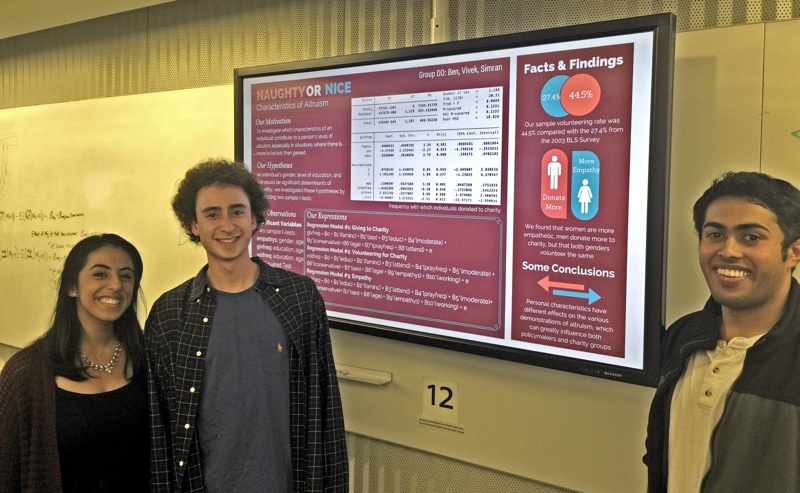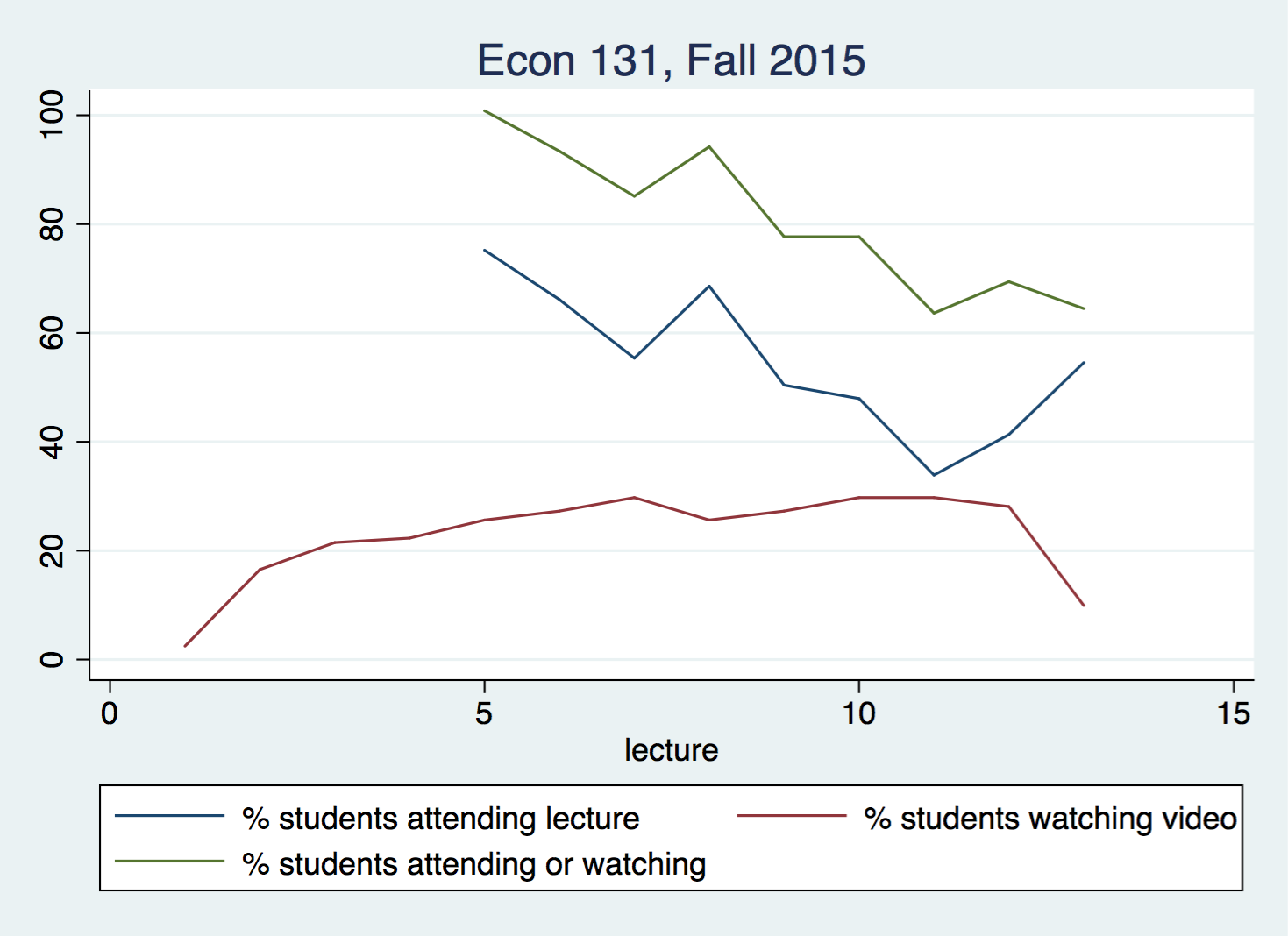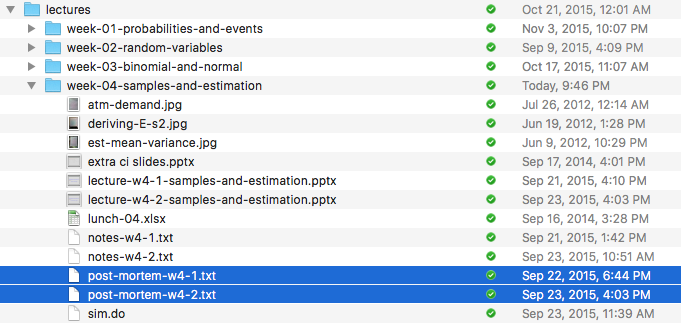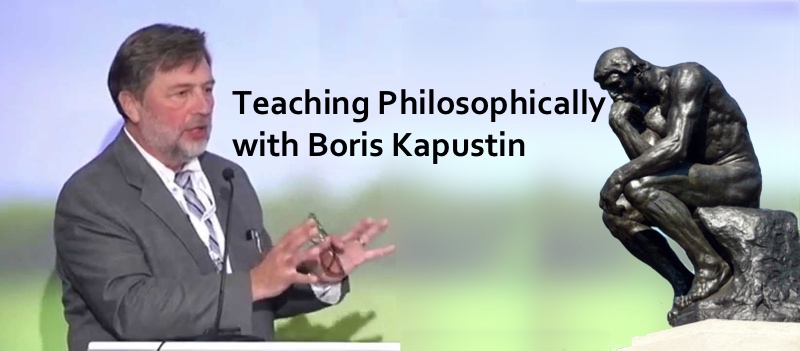Podcast #23
This episode is extra-special as we’re joined not by any faculty, but instead by Maia Eliscovich-Sigal and Miguel Goncalves. Maia is a senior economics major here at Yale and Miguel is a senior global affairs major. They give us the students’ perspective on their classes and tell us what they find works and doesn’t work when professors lecture, organize discussions, and use technology.








